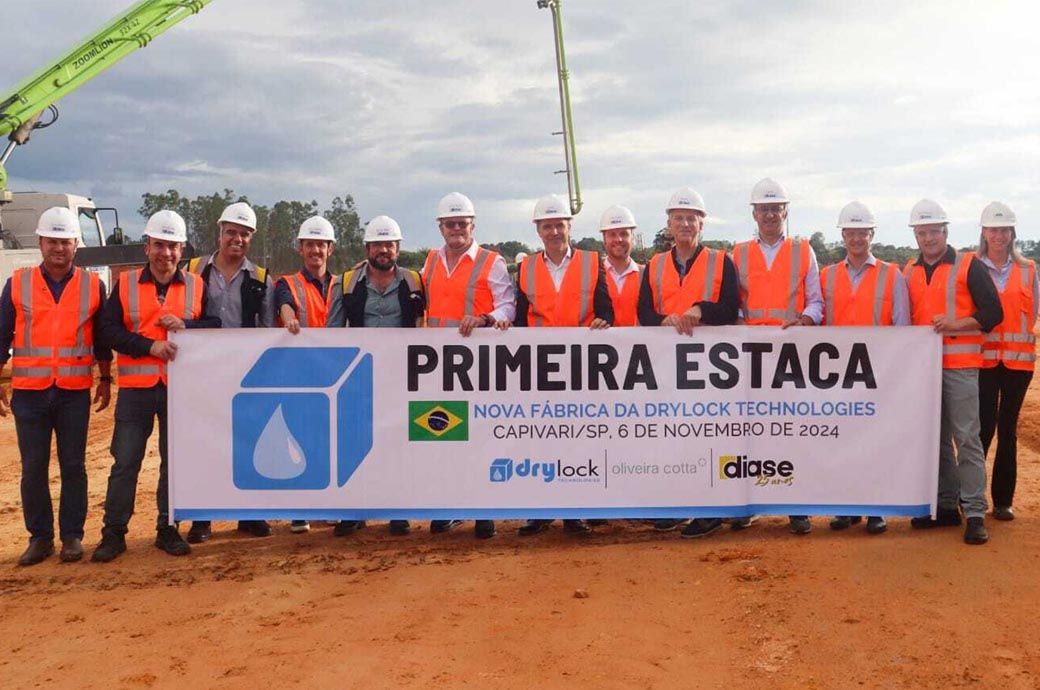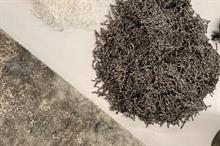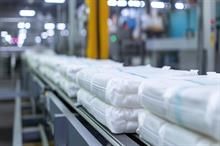
The expansion project in Brazil includes, in its first phase, the construction of a factory over 30,000 m², which will house new high-tech machinery and a distribution centre. The initial investment will be €24.5 million (~$25.47 million), covering both construction and equipment. It will be the 11th factory worldwide, and the third in Brazil, with the potential to become the second-largest facility once completed, the company said in a press release.
“I am very proud to be here at the start of the construction of our new factory, the third in Brazil. The foundation started today, and it’s already a success, thanks to this whole team who organised and made this day possible. This expansion project will make Drylock even stronger in the Brazil baby and adult diaper market,” CEO Ban Van Malderen said during the ceremony.
The new plant project also includes a space where a Drylock grove will be cultivated, similar to the Drylock forest created at the Segovia plant in Spain, underlining commitment to sustainability.
Fibre2Fashion News Desk (RR)

